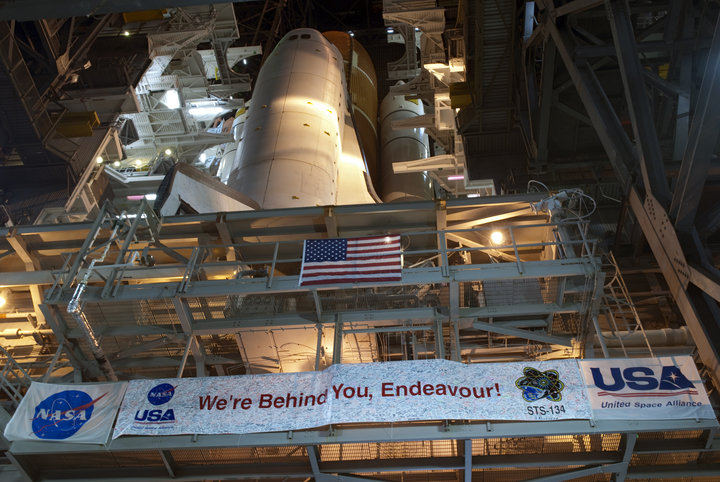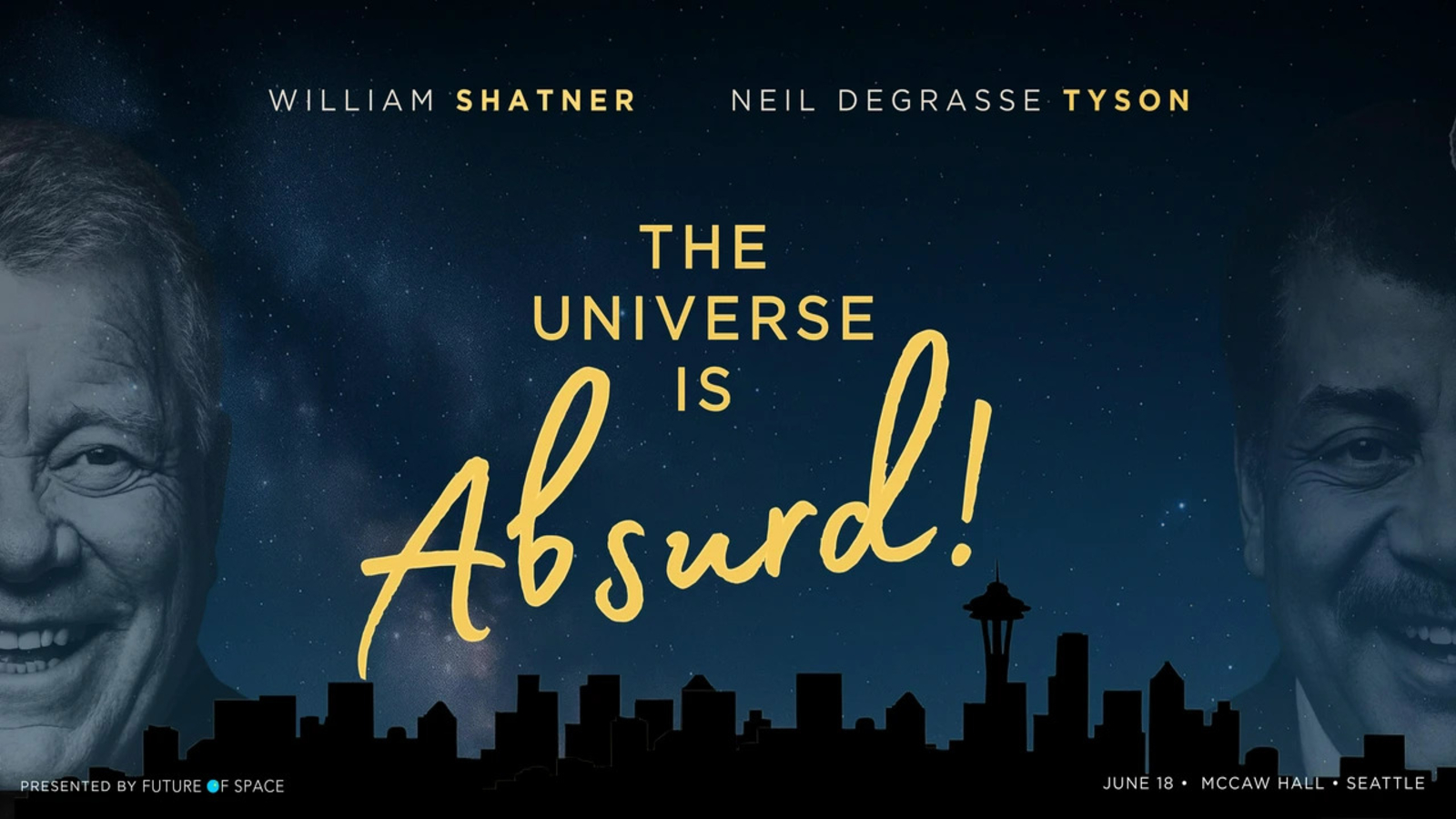Illegal Drugs Found Again at NASA Spaceport

This story was updated at 1:46 p.m. EDT.
Illegal drugs discovered at NASA's Kennedy Space Center in Cape Canaveral, Fla. have prompted an investigation into how the substance ended up at the Florida spaceport.
NASA officials found 4.2 grams of a white powdery substance on March 7. Initial on-site tests by the police indicated that it was cocaine, but the substance is now undergoing follow-up tests, said Renee Juhans of NASA's Office of Inspector General (OIG), which is conducting the inspection.
"Law enforcement personnel field tested the substance – which indicated a positive test for cocaine. The substance is now at an accredited crime lab for further testing," Juhans told SPACE.com in an e-mail.
Juhans was unable to provide additional details about where the substance was found, or how many employees and contractors are now being drug tested.
"Anything found would be turned over to a federal prosecutor," NASA spokesman Allard Beutel told SPACE.com.
This is not the first time that drugs have been discovered at the Kennedy Space Center, where NASA maintains and launches its space shuttles.
Get the Space.com Newsletter
Breaking space news, the latest updates on rocket launches, skywatching events and more!
A similar investigation was conducted in January 2010 after a bag containing a small amount of powdery cocaine residue was discovered in the space shuttle Discovery's hangar at the Kennedy Space Center. The hangar, which is known as the Orbiter Processing Facility, is a restricted zone only open to shuttle workers.
Approximately 200 NASA employees and contractors who had access to the area underwent drug tests, but none tested positive for cocaine. The investigation was eventually closed without any disciplinary or legal actions.
NASA has a firm zero-tolerance policy toward drugs on its property, in accordance with federal law, and agency workers or contractors are subject to random searches if needed.
"We're subject to federal government guidelines, and there are a fair number of positions that have that prerequisite ahead of time and also require it randomly," Beutel said.
The new drug investigation comes just a day after a tragic incident at the Kennedy Space Center's Launch Pad 39A. Yesterday morning (March 14), a 53-year-old engineer fell to his death at the launch pad where the space shuttle Endeavour is being readied for its final launch next month.
You can follow SPACE.com Staff Writer Denise Chow on Twitter @denisechow.
Join our Space Forums to keep talking space on the latest missions, night sky and more! And if you have a news tip, correction or comment, let us know at: community@space.com.

Denise Chow is a former Space.com staff writer who then worked as assistant managing editor at Live Science before moving to NBC News as a science reporter, where she focuses on general science and climate change. She spent two years with Space.com, writing about rocket launches and covering NASA's final three space shuttle missions, before joining the Live Science team in 2013. A Canadian transplant, Denise has a bachelor's degree from the University of Toronto, and a master's degree in journalism from New York University. At NBC News, Denise covers general science and climate change.
